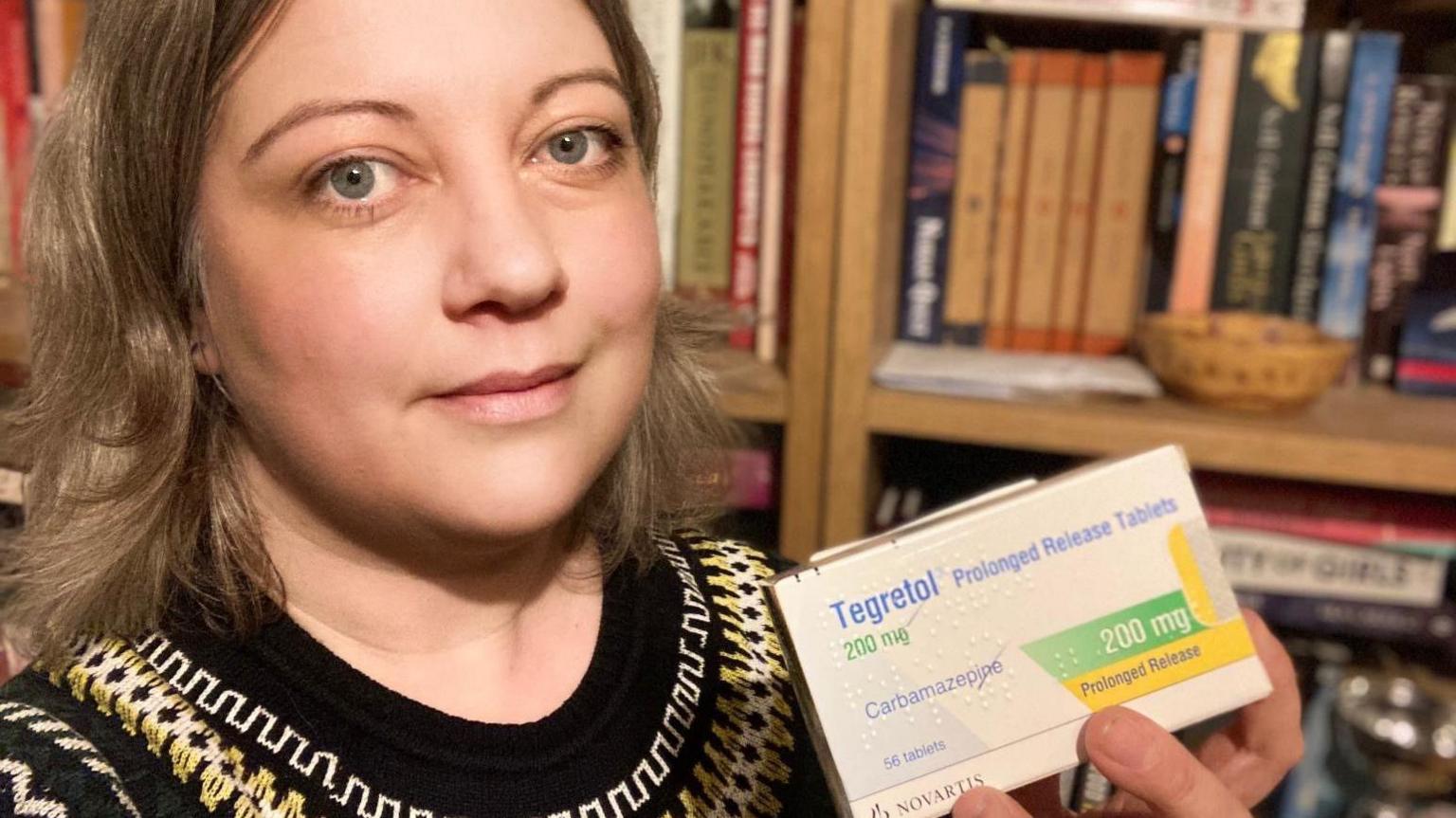Diabetic woman's six-month meds shortage struggle
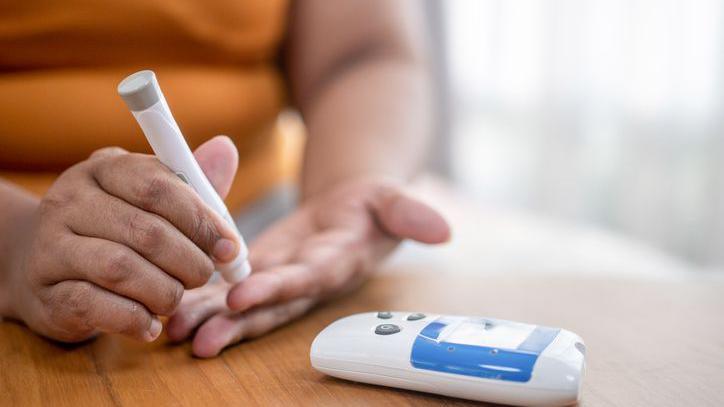
Many patients have been switched to alternative medications due to supply issues
- Published
A diabetic woman from Birmingham has said she has struggled to get her much-needed medication for the past six months after global supply shortages meant her usual treatment was unavailable.
The woman, who is in her early 60s, said she had been forced to stop taking her usual medication in December and it took another two weeks to get an alternative.
Since then, she said she had faced regular problems getting hold of her monthly prescriptions.
The House of Commons Health and Social Care Committee has since called for an independent review of the medicines supply chain to assess its resilience.
It comes as new analysis by the National Pharmacy Association (NPA) found that the government had to intervene 50 times in the past two years to authorise the use of alternative drugs because of serious shortages hitting patients.
While there is no overall shortage of insulin, it is not the only medication used to treat diabetes and some have been difficult to access, external.
One type 2 diabetes sufferer from Hockley told us she was informed before Christmas that there was none of her normal medication available.
She was advised by her GP to ask her pharmacist in Spring Hill to recommend alternatives and had to wait two weeks for a new prescription to be signed off.
Later, even the replacement medication was reported to be in short supply, but she said her regular pharmacy managed to source some from another business.
"It is a problem and I think it is a shame," she said.
"I don’t know if it’s caused by Brexit or not, but I don’t think it helps. Prices are going up - it’s very serious."
Type 2 diabetes is where the body fails to produce enough insulin or when cells in the body do not react properly to insulin.
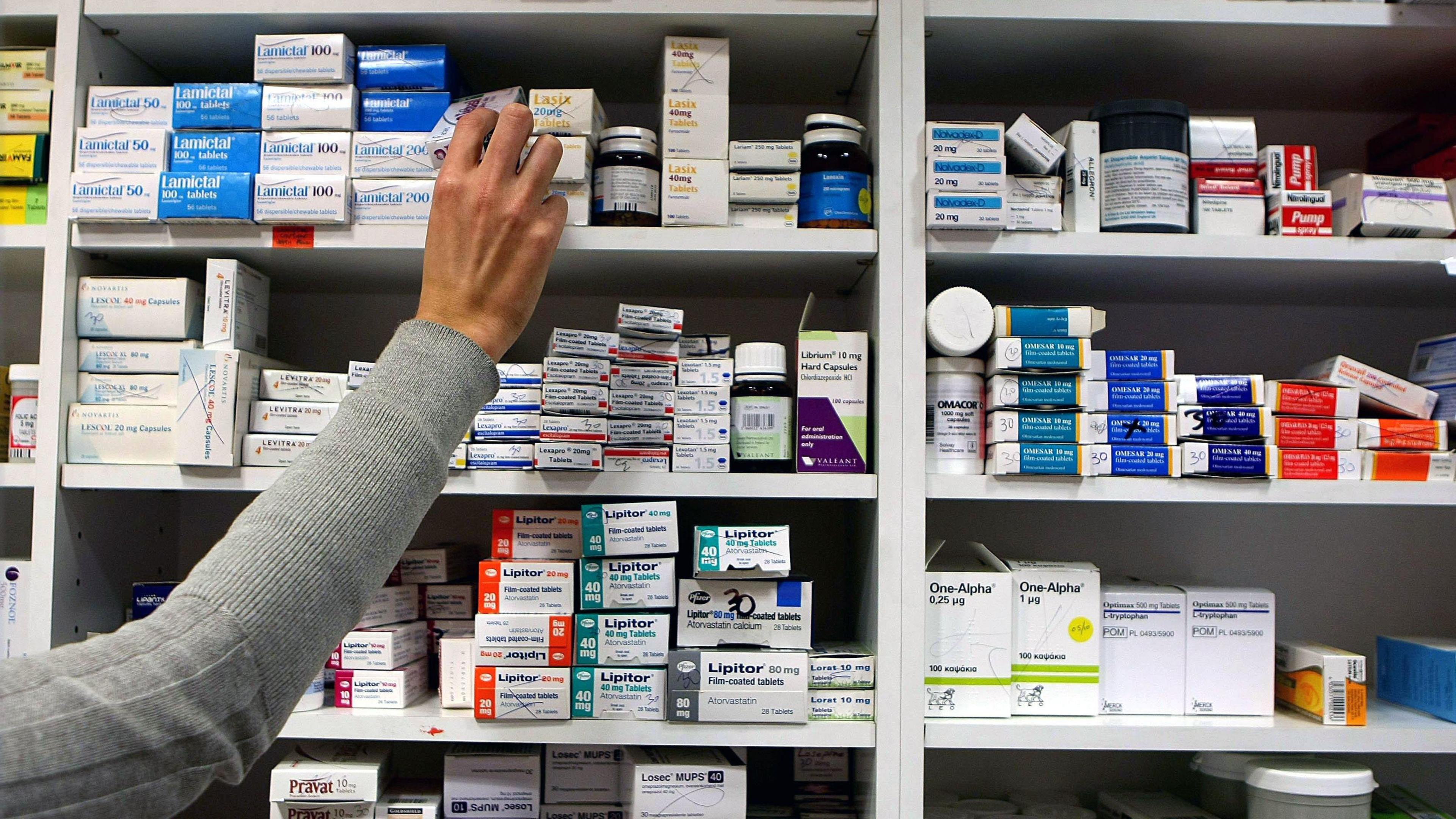
Medicines shortages affect many conditions including epilepsy and ADHD, pharmacists have warned
In contrast, type 1 diabetes, while far less common, is a lifelong condition in which body's immune system attacks and destroys the cells that produce insulin.
Some specific insulin products have also been in short supply.
Diabetes charity JDRF said for those patients it was imperative they had confidence in the supply of their regular type of insulin.
Without access to vials patients may need to use insulin pens again, which could be "enormously disruptive and distressing to their everyday life", Hilary Nathan the charity's director of policy added.
'Fragile medicines supply'
The NPA, which represents independent community pharmacies in the UK, said the Department of Health and Social Care (DOHSC) issued three times more Serious Shortage Protocols - invoked when medication is in short supply - than in the previous two-year period.
Diabetes patients are not alone in facing shortages of vital medication. Those with ADHD and epilepsy have faced similar problems, as well as those undergoing hormone replacement therapy.
Paul Rees, chief executive of the NPA said: "We urgently need the government to get a grip on the UK’s fragile medicines supply system, so that pharmacies can do their job and patients can get their lifesaving medicines in time.”
While the DOHSC said it could not comment, due to the forthcoming general election, it has previously said supply issues could arise for a wide range of reasons and were not specific to the UK.
Follow BBC Birmingham on Facebook, external, X, external and Instagram. Send your story ideas to: newsonline.westmidlands@bbc.co.uk, external
Related topics
- Published4 June 2024
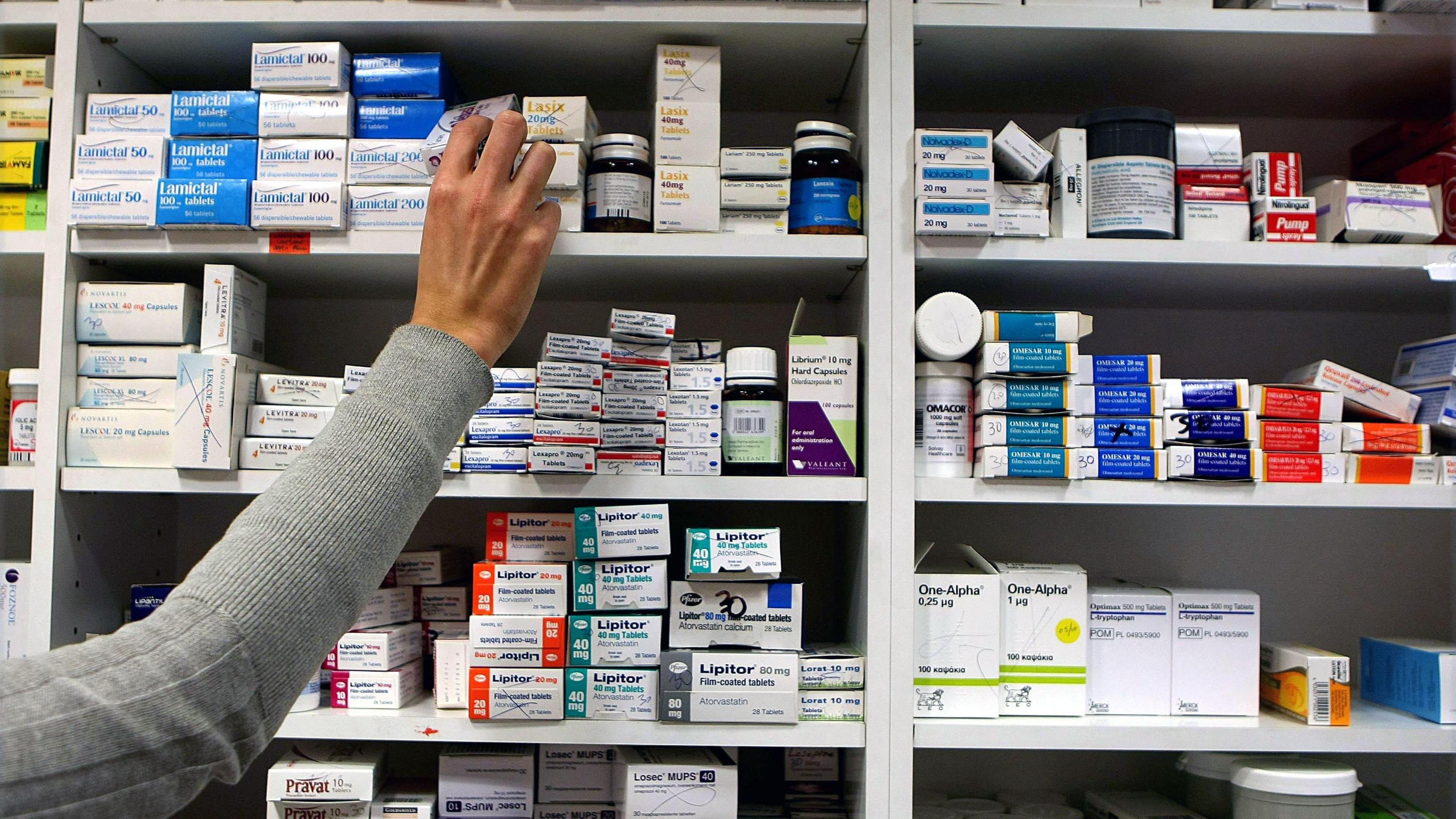
- Published26 January 2024
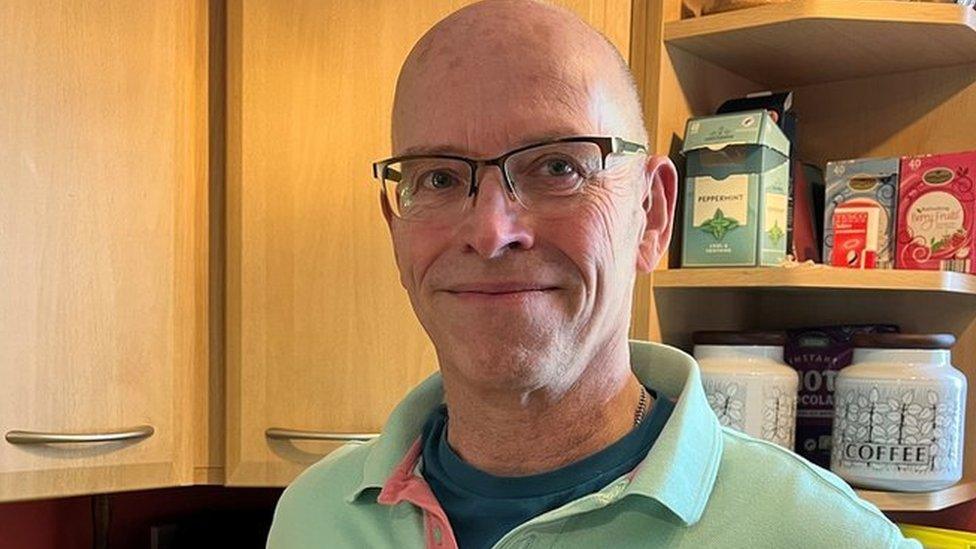
- Published6 September 2023
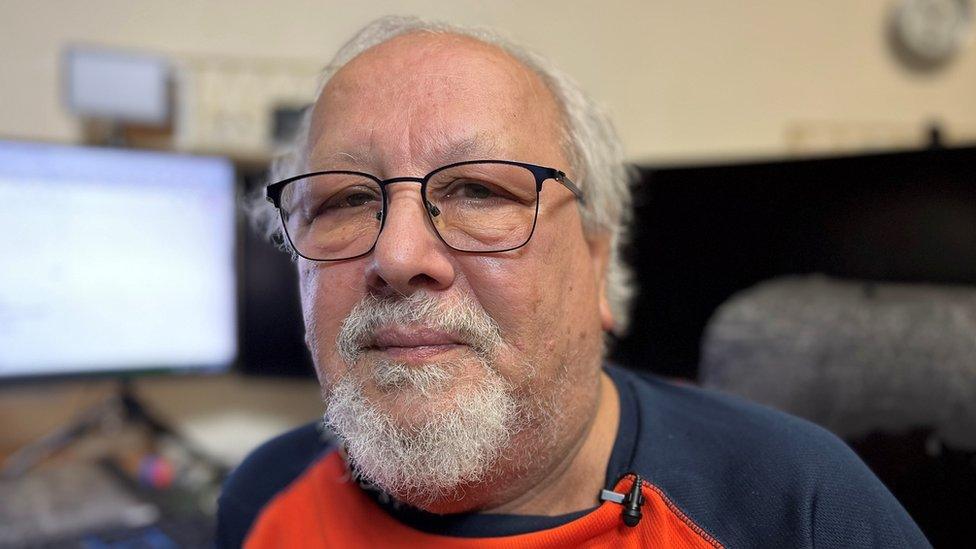
- Published9 August 2023
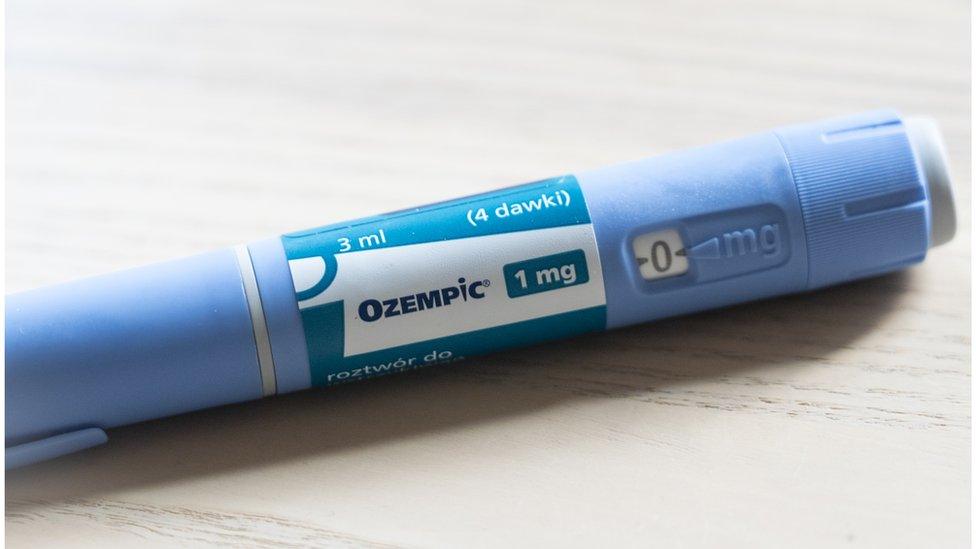
- Published27 February 2024
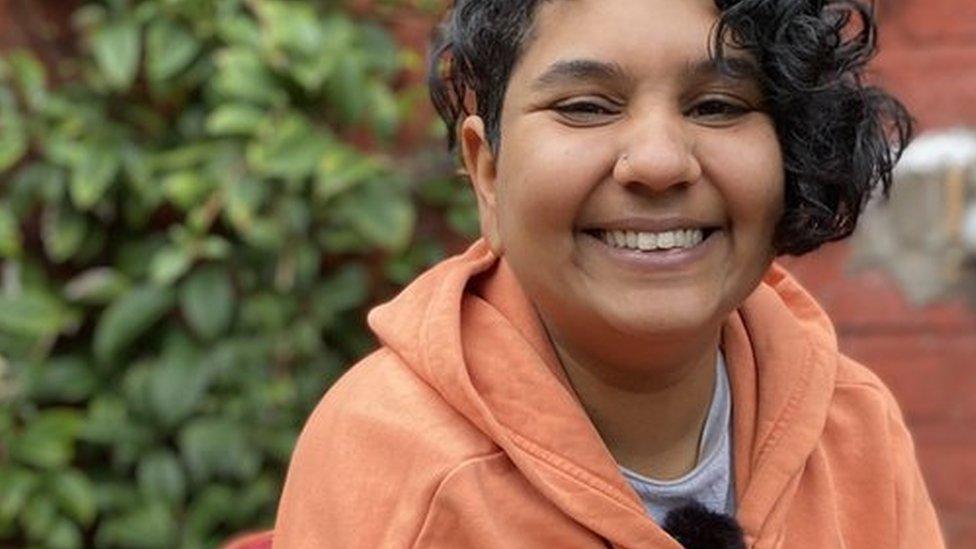
- Published29 May 2024
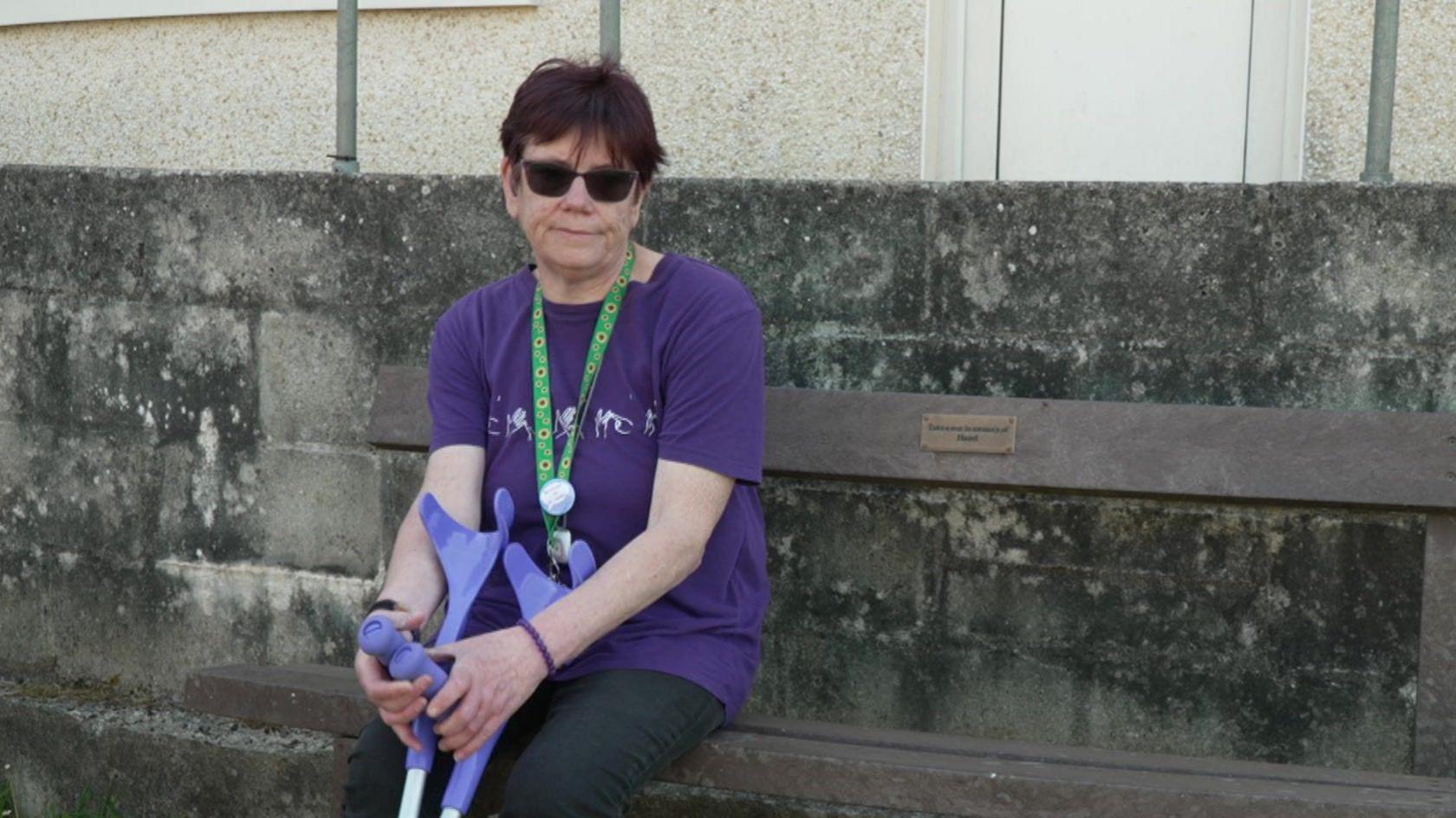
- Published17 May 2024
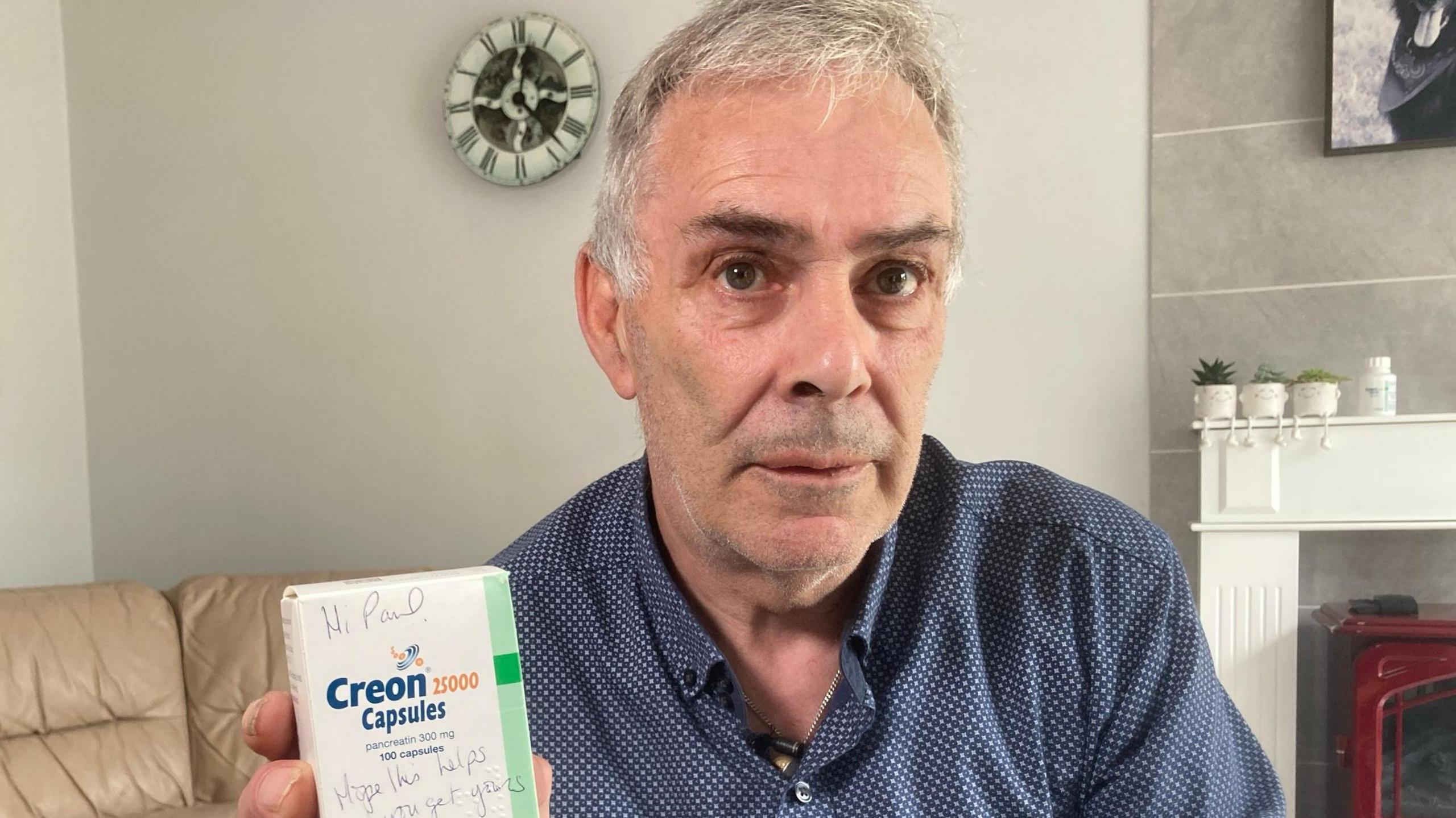
- Published28 February 2024
